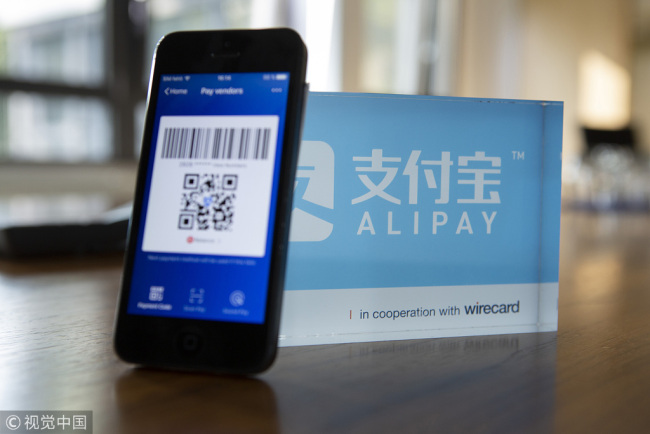
(Photo: IC)
BERLIN, July 12 (Xinhua) -- By banning the short-selling of shares of German payment services company Wirecard on Feb. 18, the German Federal Financial Supervisory Authority (BaFin) was acting "within its assigned area of responsibility and has fulfilled its assigned tasks," the government said in response to a parliamentary inquiry on Friday.
The government supported the decision because "excessive price movements" could have caused "the loss of market confidence in Germany," according to the response to the inquiry by the liberal FDP party sent to Xinhua.
BaFin imposed the short-selling ban in February 2019 and it was lifted in April.
This was the first time BaFin had imposed such a ban on short-selling the shares of a single company. The move was "triggered in particular by the price development of the Wirecard AG share in the previous weeks as well as the present indications of short attacks on Wirecard," the government noted in its response.
Following reports in the Financial Times (FT) about alleged fraud at Wirecard's Singapore branch, the Munich-based company became the target of attacks by short-sellers, triggering "massive uncertainty on the financial markets," said the government.
The BaFin filed a complaint with the Munich public prosecutor's office against the FT on April 10 on the "suspicion that access to the media was exploited in order to benefit from previously entered short-selling positions by issuing negative statements on Wirecard," stated the government.
It noted that ongoing proceedings meant that it was "not possible to provide information on concrete indications" on links that had been found between the FT and short-sellers or hedge funds.
Wirecard had repeatedly denied wrongdoing and was largely cleared of the allegations by an audit conducted by the law firm Rajah & Tann.


